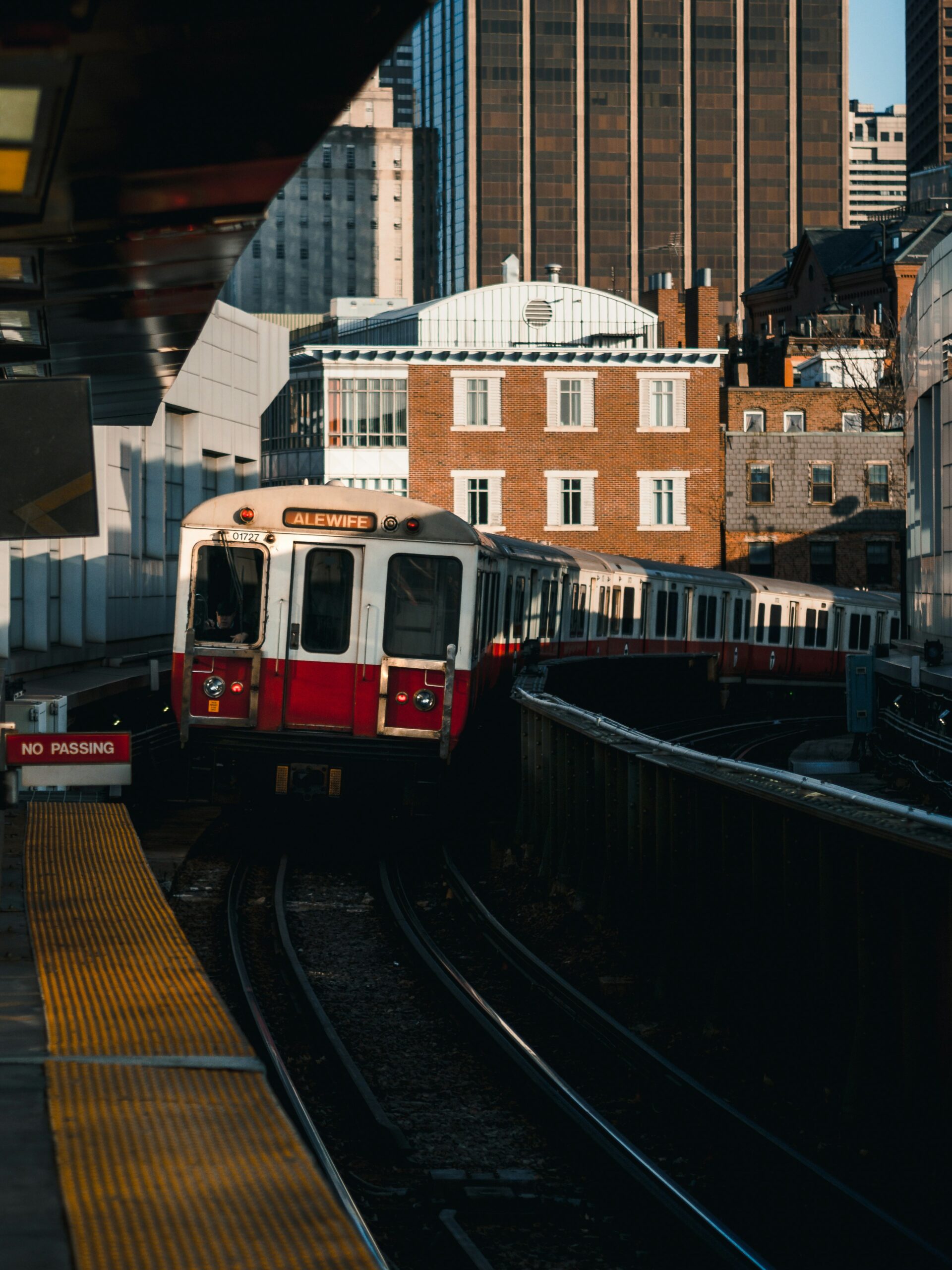By Greg Ryan
Massachusetts is building significantly less housing than it was in the mid-20th century. Not coincidentally, the median home sale price has nearly doubled in the past decade to $600,000, far outpacing income growth. More people are leaving Massachusetts for other states than are moving here.
Those problems are what the MBTA Communities zoning law is intended to help fix. Over the next two months, that goal will be put to the test in a big way.
The law requires 177 cities and towns to zone for land near MBTA stations to allow for multifamily development “as of right.” That means developers can build apartments and condos in those areas without special permission from public officials. They won’t get carte blanche — there will still be limits on building height and the like — but neighbors and politicians will have a harder time holding up or killing projects, a frequent threat to suburban multifamily proposals.
The Legislature passed the law nearly three years ago, but no city or town has needed to change its zoning until now. By Dec. 31, a dozen “rapid transit” communities — mostly cities and towns with Green, Blue, Orange, Red or Silver line stations — will have to adopt zoning that complies with the law or face consequences that include the loss of some state funding and potentially a lawsuit from the attorney general. These are among the most in-demand places to live in the commonwealth, some with quite multifamily-unfriendly reputations. For developers, “there’s definitely huge potential there,” said Clifford Kensington, director of acquisitions at City Realty Group.
The key word there is “potential,” builders caution. The minimum density required by the law — 15 units per acre — may not be enough for projects to pencil out right now given high lending, labor and materials costs, said Ralph Parent, a developer working on a 12-unit complex in Brookline.
While officials in each community say they plan to adhere to MBTA Communities, there are ways to comply with the letter of the law without living up to its spirit. A town could limit its MBTA zoning to an area already full of multifamily, for instance. On paper, a developer could build more densely, but not without demolishing existing homes, some of them just recently built.
“I’ve been in a wait-and-see mode, just because even within the new requirements for the zoning, I see a lot of potential for malicious compliance,” Kensington said.
Of course, a plan has to be approved before compliance becomes an issue. Most of the rapid transit communities are cities, but Brookline and Milton are towns whose plans will go through the ringer of town meetings in the coming weeks. In Newton, there’s already an expectation that opponents will seek to put the city’s planned rezoning to a voter referendum next year, should it first pass the city council.
Most cities and towns in Greater Boston face a December 2024 deadline to come up with a plan, and they’re watching how politicians, residents and state officials handle these first zoning overhauls.
Here’s what you need to know about the MBTA Communities Act
- Communities must have at least one zoning district where multifamily housing is permitted as of right.
- Each community has a minimum number of multifamily units for which to zone. This measures capacity only. It is not a mandate to build that number of units. That capacity can include existing units inside the district.
- Gross density must be at least 15 housing units per acre.
- Districts should be located within a half-mile of an MBTA station, with some exceptions.
- Housing cannot be age-restricted, with some exceptions.
- MBTA zoning districts should be at least 50 acres, or 1.5% of the total developable land, whichever is smaller, in cities and towns with a rapid transit or commuter rail station.
- Cities and towns cannot require more than 10% of a project’s units inside an MBTA zoning district to be restricted to residents below a certain income, with some exceptions.
- Municipalities can include some mixed-use development in complying with MBTA zoning, but it is capped.
- Boston is exempted from the law.


